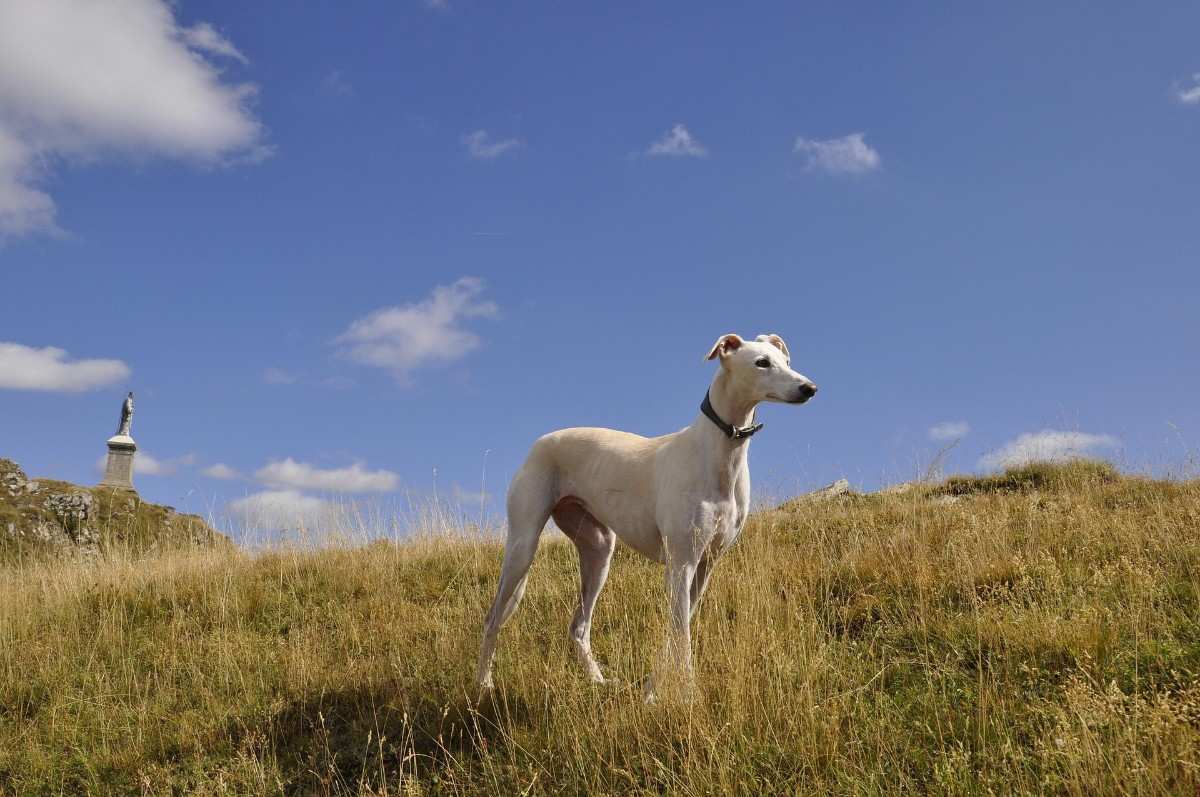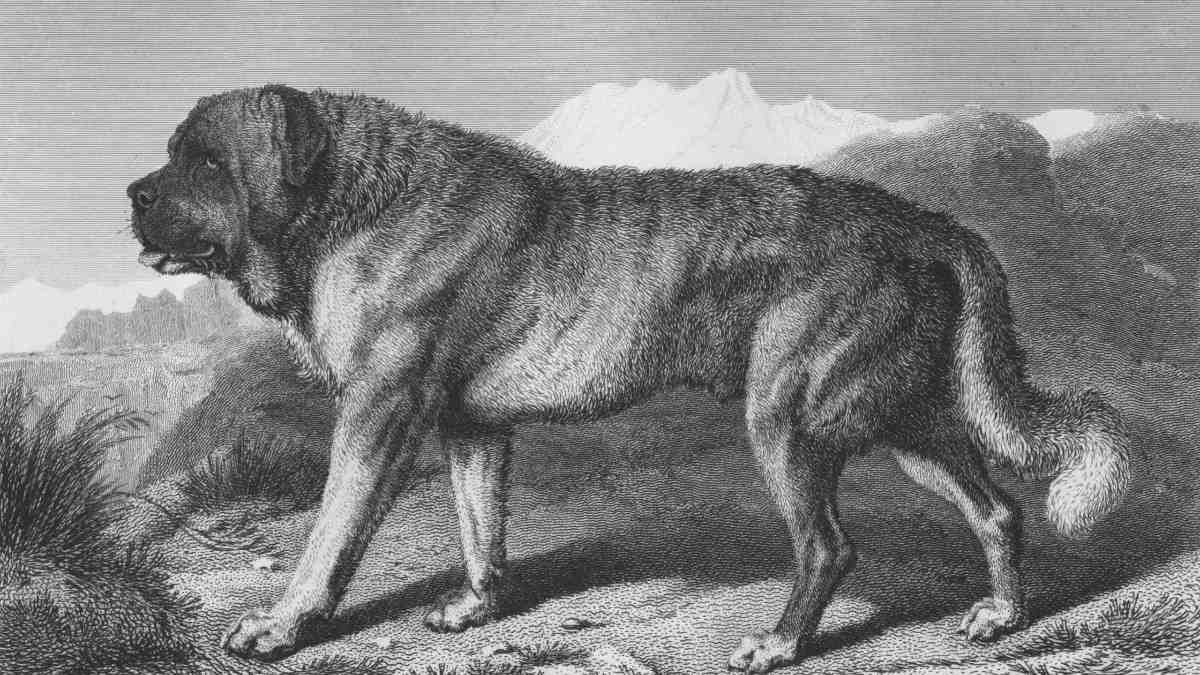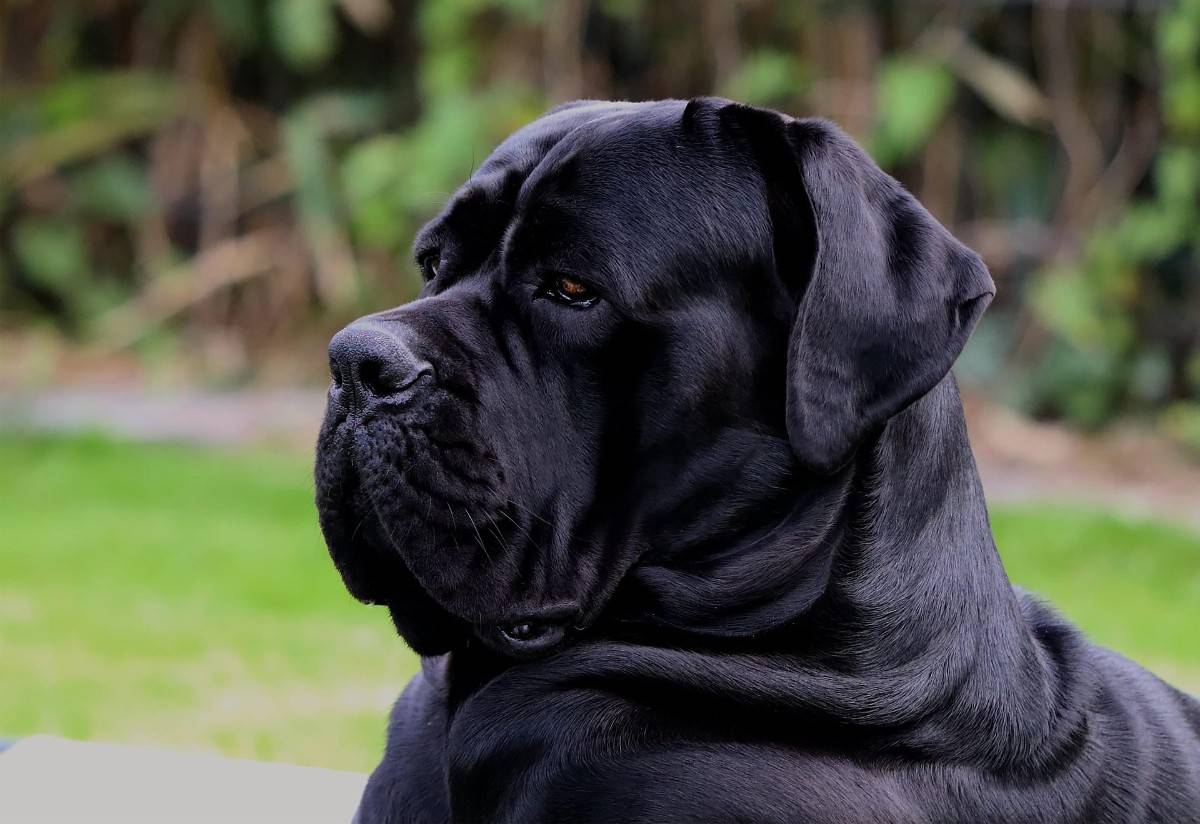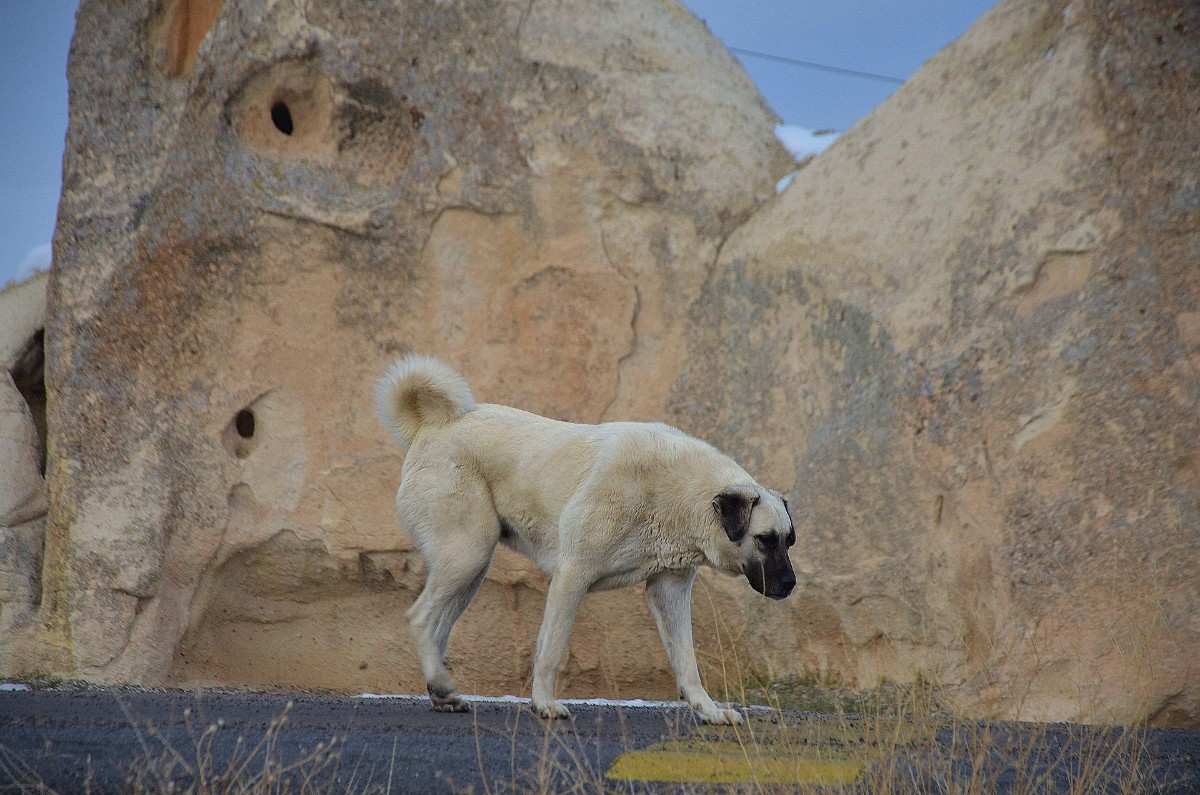Best Dog Breeds for Seniors: A Guide to Finding the Perfect Canine Companion | Breedsdoghub
As we age, the companionship of a dog can bring immeasurable joy, reduce stress, and even encourage gentle physical activity. However, not all dog breeds are ideal for seniors. Factors like energy levels, grooming needs, size, and temperament play a crucial role in ensuring a harmonious match. In this guide, we’ll explore the best dog breeds for seniors, highlighting their unique qualities, care requirements, and why they’re perfect for a relaxed, fulfilling lifestyle.
Factors to Consider When Choosing a Dog Breed for Seniors
Before diving into breed recommendations, it’s essential to evaluate key factors:
- Size: Smaller dogs are often easier to manage, especially for those with limited mobility.
- Energy Level: Low to moderate energy breeds require less exercise.
- Grooming Needs: Opt for breeds with minimal shedding or easy-to-maintain coats.
- Temperament: Calm, affectionate, and trainable dogs are ideal.
- Health Considerations: Some breeds are prone to fewer health issues, reducing vet visits.
10 Best Dog Breeds for Seniors
1. Shih Tzu: The Affectionate Lap Dog
Why They’re Great for Seniors:
- Temperament: Friendly, loyal, and thrives on companionship.
- Size: Small (9–16 pounds), perfect for apartment living.
- Exercise Needs: Short daily walks or indoor play suffice.
- Grooming: Regular brushing required, but many owners opt for a “puppy cut” for easier upkeep.
Shih Tzus are known for their loving nature and adaptability, making them excellent emotional support pets.
2. Cavalier King Charles Spaniel: The Gentle Companion
Why They’re Great for Seniors:
- Temperament: Gentle, sociable, and eager to please.
- Size: Small to medium (13–18 pounds).
- Exercise Needs: Enjoys leisurely strolls and cuddle sessions.
- Health Note: Prone to heart issues; regular vet check-ups are vital.
Their calm demeanor and affectionate personality make Cavaliers a top choice for seniors seeking a devoted friend.
3. Pug: The Playful Low-Energy Breed
Why They’re Great for Seniors:
- Temperament: Charming, humorous, and loving.
- Size: Compact (14–18 pounds).
- Exercise Needs: Moderate playtime but prone to overheating—avoid strenuous activity.
- Grooming: Minimal shedding, but wrinkles need cleaning to prevent infections.
Pugs bring laughter and loyalty to any household, ideal for seniors who enjoy a dash of spontaneity.
4. French Bulldog: The Adaptable Urbanite
Why They’re Great for Seniors:
- Temperament: Easygoing, affectionate, and quiet.
- Size: Small (16–28 pounds) with minimal exercise needs.
- Health Note: Sensitive to extreme temperatures; keep indoors in hot/cold weather.
Frenchies are low-maintenance and thrive in small spaces, perfect for city-dwelling seniors.
5. Bichon Frise: The Hypoallergenic Charmer
Why They’re Great for Seniors:
- Temperament: Cheerful, playful, and great for allergy sufferers.
- Size: Small (12–18 pounds).
- Grooming: Requires professional grooming every 4–6 weeks.
- Exercise Needs: Enjoys short walks and interactive toys.
Their fluffy appearance and hypoallergenic coat make Bichons a delightful, sneeze-free companion.
6. Maltese: The Elegant Lap Dog
Why They’re Great for Seniors:
- Temperament: Gentle, intelligent, and deeply loyal.
- Size: Tiny (under 7 pounds), easy to carry.
- Grooming: Long coat needs daily brushing, but many opt for shorter styles.
- Lifespan: Up to 15 years, offering long-term companionship.
Maltese dogs are ideal for seniors seeking a regal yet low-energy pet.
7. Pomeranian: The Fluffy Bundle of Joy
Why They’re Great for Seniors:
- Temperament: Lively, alert, and fiercely loyal.
- Size: Small (3–7 pounds).
- Exercise Needs: Short walks and mental stimulation.
- Grooming: Regular brushing to manage their thick double coat.
Poms are perfect for active seniors who want a small but spirited companion.
8. Boston Terrier: The Friendly “American Gentleman”
Why They’re Great for Seniors:
- Temperament: Good-natured, intelligent, and adaptable.
- Size: Compact (12–25 pounds).
- Health Note: Prone to eye issues; regular check-ups recommended.
Boston Terriers are easy to train and thrive in both apartments and houses.
9. Greyhound: The Surprisingly Low-Energy Giant
Why They’re Great for Seniors:
- Temperament: Calm, gentle, and couch-loving.
- Size: Large (60–70 pounds) but low-energy.
- Exercise Needs: Short bursts of play followed by long naps.
- Bonus: Many retired racing greyhounds need adoption!
Contrary to their reputation, Greyhounds are ideal for seniors who appreciate a quiet, laid-back pet.
10. Mixed Breeds: The Underrated Gems
Why They’re Great for Seniors:
- Temperament: Varies, but shelters often assess personalities for compatibility.
- Health Benefits: Mixed breeds often have fewer genetic health issues.
- Adoption Tip: Look for senior dogs in shelters—they’re usually already trained!
Adopting a mixed breed can be a rewarding experience, offering unique traits and saving a life.
Additional Tips for Seniors Adopting a Dog
- Regular Vet Visits: Prioritize breeds with fewer health risks and maintain routine check-ups.
- Training: Even low-energy dogs benefit from basic obedience training.
- Safety: Use ramps or harnesses if mobility is a concern.
- Companionship: Dogs combat loneliness, but ensure you have a backup caregiver for emergencies.
Conclusion
Choosing the right dog breed can significantly enhance a senior’s quality of life, offering unconditional love and companionship. From the affectionate Shih Tzu to the gentle Greyhound, there’s a perfect match for every lifestyle. By considering factors like size, energy, and grooming, seniors can find a loyal friend who brings joy, purpose, and warmth to their golden years.




Post Comment